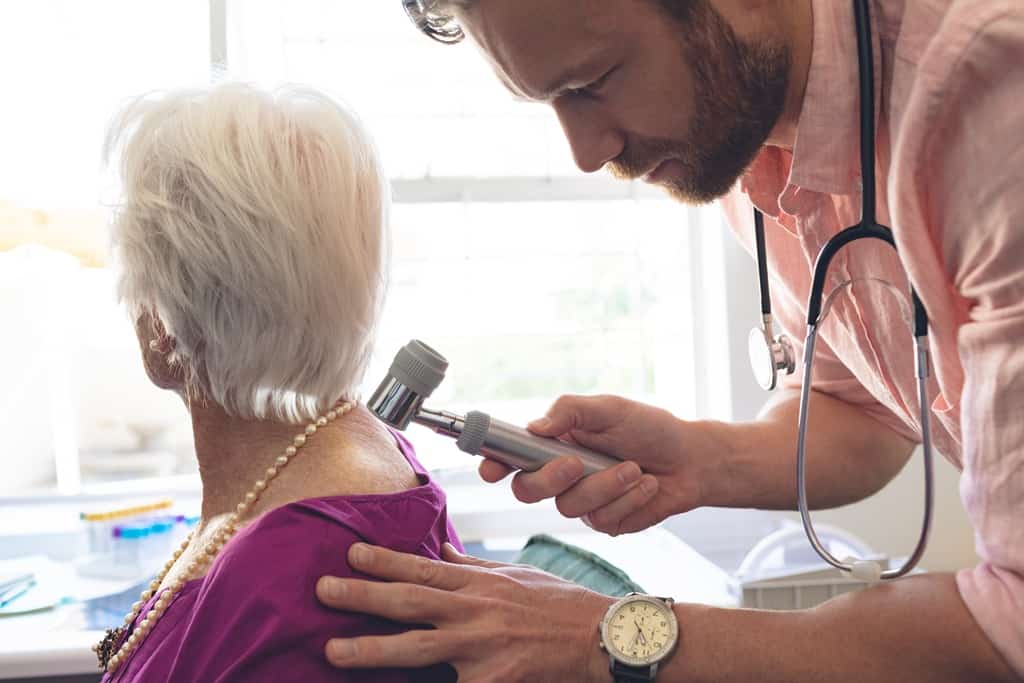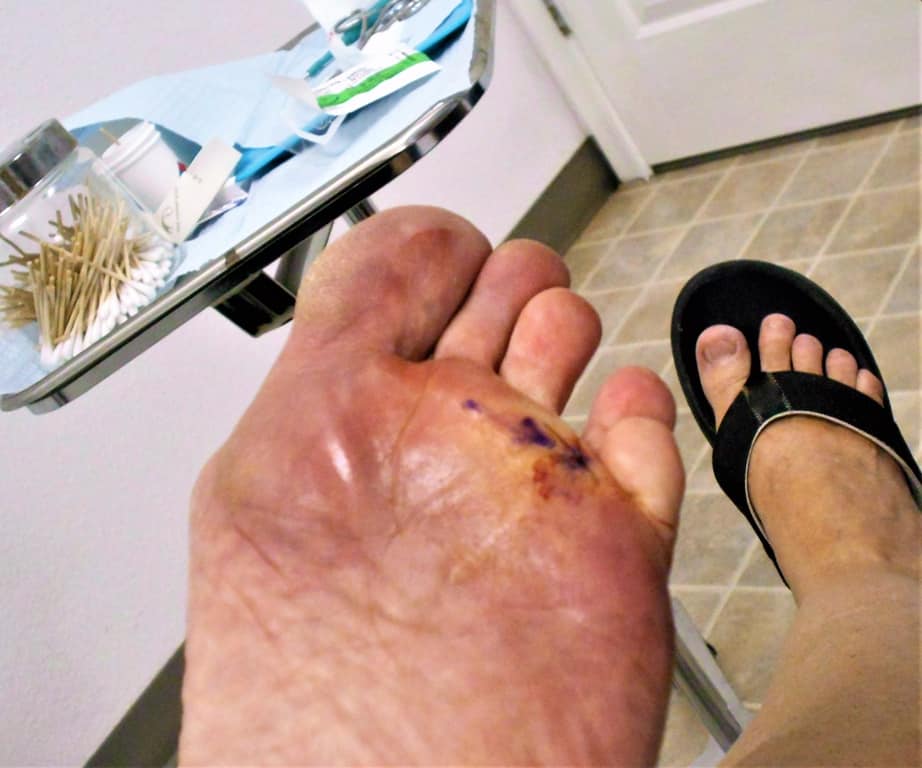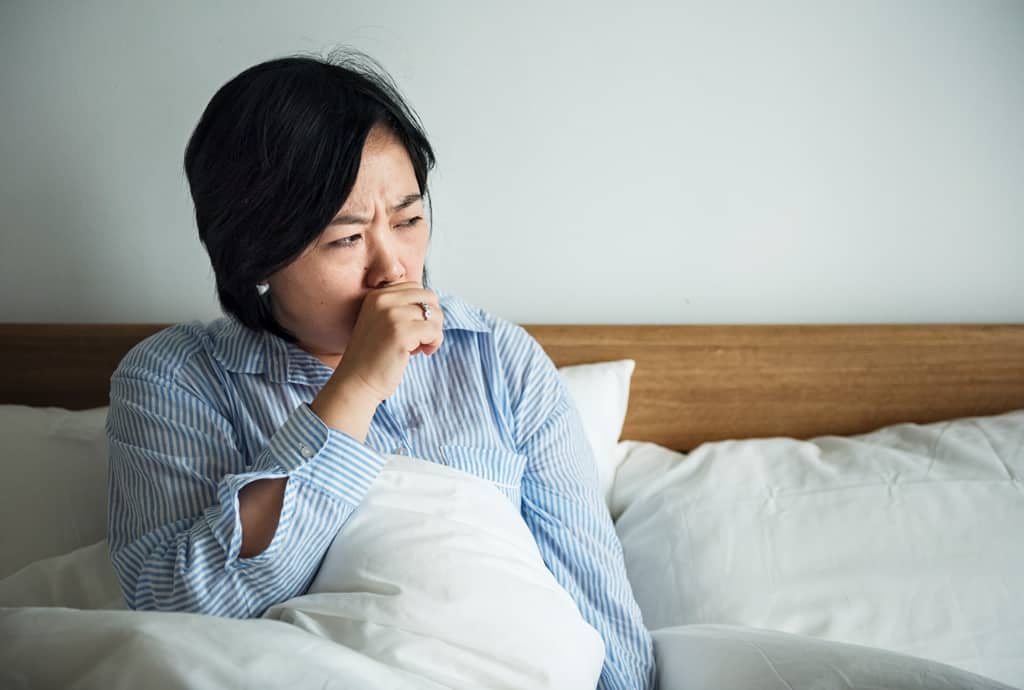While age is the biggest risk factor for cancer, it does not mean that only those with advanced age should be wary of this life-threatening disease. Early-onset cancers are now on the rise and this should make everybody, no matter what age, take actions toward knowing more about the disease. As always said, early detection is the best way to fight cancer.
This goes to show that you should know how to detect cancer while it is still developing. When you are informed, you can do remedial actions. As they say, diet is crucial at preventing cancer. Foods rich in antioxidants can help, and so with exercise, quality sleep, and lifestyle changes. Quitting smoking would help a lot too. But without a symptom that helped you detect or let you suspect cancer, you will surely not that encouraged to do all those things mentioned.
To help you detect cancer early on, you should know the early signs commonly manifested with the onset of the disease. Take a look at the following:
Pain
Pain can be felt at the onset of cancer or when it is already in its late stages. An example of cancer where the pain is felt at the beginning is bone cancer. Brain tumor can also manifest as a simple headache but it can progress to a severe headache that can last for several days or even weeks. It can be cancer if it does not respond to treatment. When you experience these, you ought to see your doctor.

Unexpected Weight Loss
If you lose weight even without trying, like limiting your food intake, doing aerobics, or taking weight loss supplements, you might have cancer brewing inside your body. This is one of the frequent early symptoms of cancer that should alarm you to seek medical opinion.

Fatigue
Normally, you get tired after physical activity. Some may even get tired after a mentally exhausting experience. But if your fatigue just come out of nowhere and that you feel tired almost all the time even with rest, this should be a matter of concern. You should go for a medical checkup.

Fever
Today, if one has a high fever that does not easily go and can last for three days and beyond, the initial suspected reason must be COVID 19, but it can also be cancer. Some cancers like lymphoma can cause fevers that can last for several weeks. As lymphoma can easily spread, an immediate medical opinion should be sought to rule out the cause of your high fever.

Skin Changes
If you see new and unusual marks, moles, or bumps on your skin, better let a doctor check on them. The same is true when you have unexplained rashes, itches, hair sprouts, or if you have darkened, yellowish or reddish skin. It can be a sign of lymphoma or kidney cancer.

Sores That Won’t Heal
Smoking, chewing tobacco, and drinking too much alcohol can cause soreness in your mouth. These sores can be cancerous if they don’t seem to heal even with medication. You can also develop these sores on your skin and they may be signs of skin cancer.

Persistent Cough and Hoarseness
If you have a cough that just seems not to go away with medication, it may be lung cancer. Your voice box can be the one that is affected if you are experiencing hoarseness for a longer time.

Unusual Bleeding
Paranasal sinus and nasal cavity cancer can cause nose bleed. Blood in your poop can also mean that you may have rectal or colon cancer. On the other hand, blood in your urine can suggest that you have cancer in your urinary tract.

Anemia
Anemia is a condition wherein there are insufficient red blood cells in the body. It can be caused by cancer by attacking bone marrow, which produces your red blood cells. Anemia can be indicative of leukemia, lymphoma, or multiple myeloma. These cancers metastasize rapidly so you should see a doctor immediately.

Abdominal Pain
Although this may be more common in women with cancer, men can also experience abdominal pain. It can arise from colon or stomach cancer. The pain can be transient or persistent but may happen regularly. You should see a doctor especially if you don’t suspect anything to cause it.

There may be some symptoms that only men can experience. The same is true with women. For men, it is more common to have difficulty in peeing. They may also have a lump and pain on their scrotum. For women, vaginal bleeding, breast changes, bloating, and loss of appetite are more common signs of cancer.
Indeed, knowing these signs will help you and your doctor detect cancer early. This means that something can be done to arrest the progress of your cancer.
